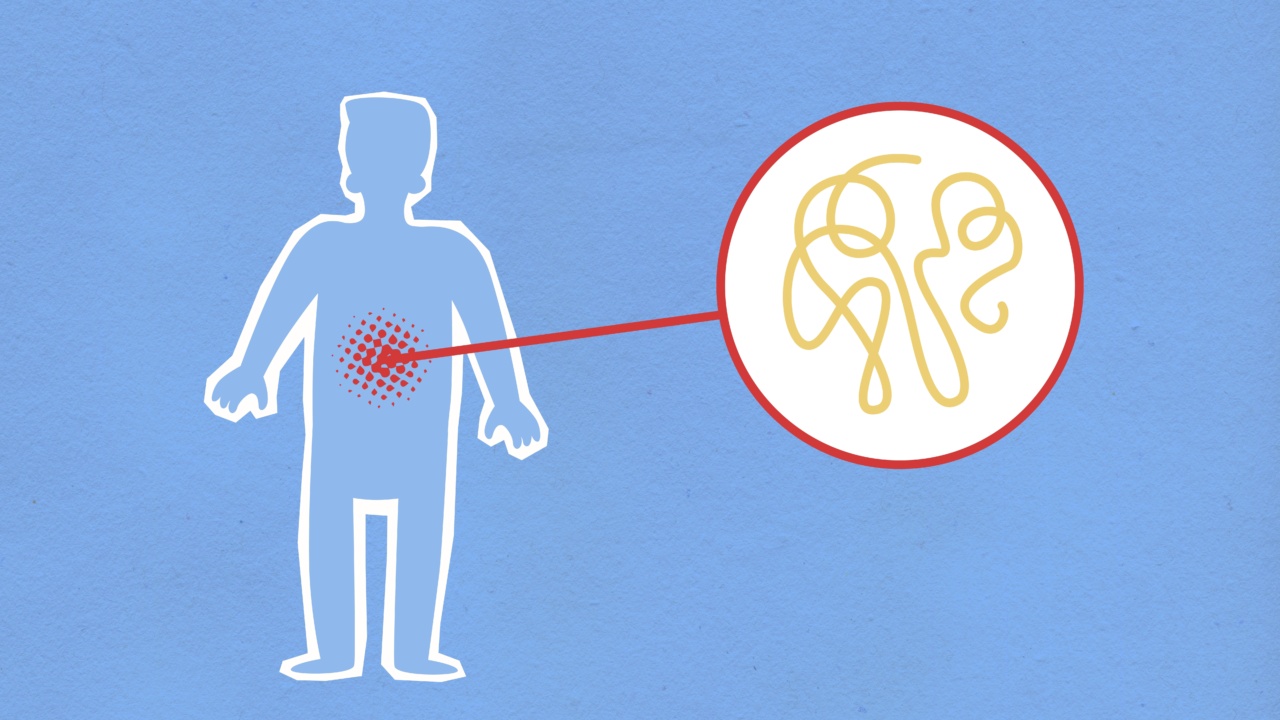Abdominal pain is a common complaint that many individuals experience at some point in their lives. While most cases of abdominal pain are harmless and resolve on their own, there are instances when it could indicate a more serious underlying condition.
It is crucial to understand the possible causes of abdominal pain and when to seek medical attention. This article explores nonchalant abdominal pain that may indicate serious illnesses.
Causes of Abdominal Pain
Abdominal pain can stem from various factors, ranging from minor issues to life-threatening conditions. Some common causes include:.
1. Gastric Ulcers
Gastric ulcers, also known as stomach ulcers, are open sores that develop on the lining of the stomach. These ulcers can cause a burning or gnawing pain in the abdomen.
While most cases are associated with the Helicobacter pylori bacteria, excessive use of nonsteroidal anti-inflammatory drugs (NSAIDs) can also contribute to their development.
2. Gallstones
Gallstones are hardened deposits that form in the gallbladder. When these stones block the flow of bile, it can lead to severe pain in the upper abdomen, often referred to as biliary colic.
The pain can be excruciating and may radiate to the back or shoulder region.
3. Appendicitis
Appendicitis occurs when the appendix, a small organ located in the lower right abdomen, becomes inflamed.
This condition typically causes severe pain in the lower right side of the abdomen and may be accompanied by symptoms such as fever, nausea, and vomiting. Appendicitis requires immediate medical attention as a ruptured appendix can be life-threatening.
4. Pancreatitis
Pancreatitis refers to the inflammation of the pancreas, an organ responsible for producing enzymes required for digestion. The pain associated with pancreatitis is often described as a dull or sharp ache that radiates to the back.
This condition can be caused by alcohol abuse, gallstones, or certain medications.
5. Kidney Stones
Kidney stones are solid masses that form in the kidneys. When these stones pass through the ureters, it can result in severe abdominal pain, typically on one side.
The pain may come in waves and also cause blood in urine, frequent urination, and a sense of urgency. Immediate medical attention is necessary to manage kidney stones effectively.
6. Diverticulitis
Diverticulitis refers to the inflammation or infection of small pouches that form along the digestive tract, usually in the large intestine.
Abdominal pain associated with diverticulitis tends to be localized in the lower left side and may cause fever, bloating, and changes in bowel habits.
7. Ectopic Pregnancy
Ectopic pregnancy occurs when a fertilized egg implants outside the uterus, typically in the fallopian tubes. This condition can cause intense abdominal pain, often on one side, along with vaginal bleeding.
Ectopic pregnancy is a medical emergency and requires immediate attention to prevent complications.
8. Gastroenteritis
Gastroenteritis, commonly known as “stomach flu,” refers to the inflammation of the stomach and intestines. This condition can cause abdominal pain, cramping, diarrhea, and vomiting.
While it often resolves on its own, severe cases may require medical intervention to avoid dehydration.
9. Ovarian Cysts
Ovarian cysts are fluid-filled sacs that develop within or on the surface of the ovaries. Large cysts or those that rupture can cause abdominal pain, often on one side.
Other symptoms may include bloating, changes in menstrual cycles, and frequent urination.
10. Inflammatory Bowel Disease
Inflammatory bowel disease (IBD), including conditions like Crohn’s disease and ulcerative colitis, can cause chronic inflammation in the gastrointestinal tract.
The abdominal pain associated with IBD varies in severity and may be accompanied by diarrhea, bloody stools, fatigue, and weight loss.
When to Seek Medical Attention
While occasional mild abdominal pain may not be cause for immediate concern, certain symptoms warrant prompt medical attention. Seek medical help if you experience:.
1. Persistent or Severe Pain
If the abdominal pain is severe or persists for an extended period, it could indicate an underlying serious condition that requires medical evaluation.
2. Abdominal Pain with Vomiting
If you experience abdominal pain accompanied by vomiting, especially if the vomit contains blood or appears dark and tarry, it may suggest a gastrointestinal issue that needs urgent assessment.
3. Abdominal Pain with Fever
A combination of abdominal pain and fever could indicate an infection or other serious condition that requires medical intervention.
4. Blood in Stool or Urine
If you notice blood in your stool or urine along with abdominal pain, it could be a sign of a more severe underlying condition and should be evaluated by a healthcare professional.
5. Pregnancy with Abdominal Pain
Pregnant women experiencing abdominal pain should seek immediate medical attention, as it may indicate complications such as an ectopic pregnancy or miscarriage.
Conclusion
Abdominal pain should not be taken lightly, especially when accompanied by other concerning symptoms.
While many cases of abdominal pain are harmless and resolve on their own, it is vital to be aware of the signs that may indicate a more serious underlying condition. Seek medical attention promptly if you experience persistent or severe pain, vomiting, fever, or notice blood in your stool or urine. Early intervention can help diagnose and treat serious illnesses effectively.






























